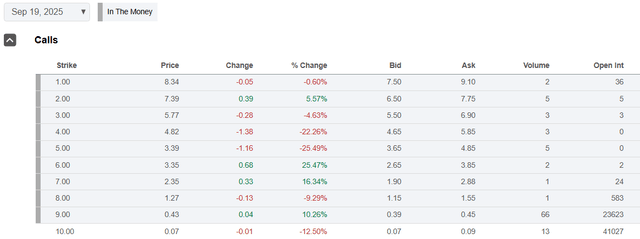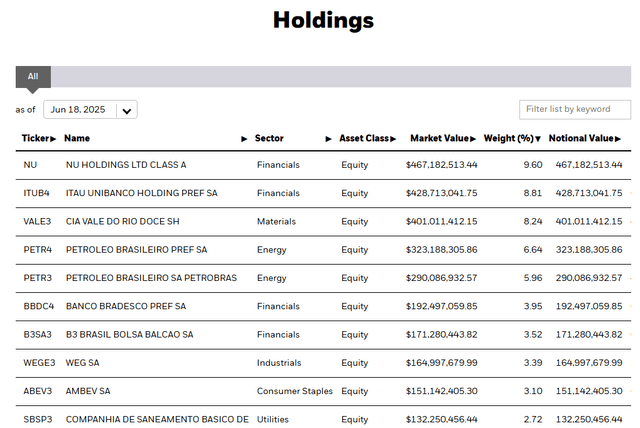Summary
AGNC Investment Corp. is such a mortgage REIT play with over 15% yield paid monthly. Click here to read what makes AGNC stock a solid buy.
Source: Seeking Alpha

AI News Q&A (Free Content)
Q1: What is AGNC Investment Corp and how does it operate as a mortgage REIT?
A1: AGNC Investment Corp is a mortgage Real Estate Investment Trust (REIT) that primarily invests in agency residential mortgage-backed securities. These are securities for which the principal and interest payments are guaranteed by a U.S. government-sponsored enterprise. AGNC's strategy involves leveraging these securities to generate returns, offering a high dividend yield to its shareholders.
Q2: How do high dividend yields from mortgage REITs like AGNC benefit investors?
A2: High dividend yields from mortgage REITs like AGNC provide investors with a steady income stream, especially appealing in low-interest environments. These yields are a result of the REIT's use of leverage to increase the returns on their investments in mortgage-backed securities, although they also come with higher risk due to potential interest rate fluctuations.
Q3: What impact do interest rates have on mortgage REITs such as AGNC?
A3: Interest rates significantly affect mortgage REITs like AGNC as they influence the cost of borrowing and the value of their mortgage-backed securities portfolio. Rising interest rates can increase borrowing costs and decrease the value of existing fixed-rate investments, potentially impacting the REIT's profitability and dividend payouts.
Q4: What investment strategies are commonly used by mortgage REITs to manage interest rate risks?
A4: Mortgage REITs use several strategies to manage interest rate risks, including hedging interest rate exposure through derivatives such as interest rate swaps and options. They also diversify their investment portfolio and adjust the leverage ratio to mitigate the risks associated with fluctuating interest rates and maintain stability in their income generation.
Q5: How does the concept of debt recycling relate to mortgage investments?
A5: Debt recycling in mortgage investments involves using the equity built up in a property to secure additional loans for investment purposes. This strategy aims to accelerate mortgage repayment through successful investments. However, it carries higher risks, as fluctuations in market conditions can lead to potential defaults if the investments do not perform as expected.
Q6: What are the characteristics and risks associated with investing in REITs compared to direct real estate investments?
A6: Investing in REITs offers liquidity and easier diversification compared to direct real estate investments. REITs generally have lower market risk, with betas averaging around 0.65 against broad market indexes. However, they also come with risks related to interest rate fluctuations and the specific real estate sectors they invest in, which can affect their returns.
Q7: What did recent studies reveal about the time-varying risks in the U.S. housing sector and their impact on REITs?
A7: Recent studies indicate that unexpected changes in housing variables contribute to aggregate housing risks, impacting REIT equity returns. A factor-based housing risk index can predict expected REIT returns, suggesting that volatilities in the housing sector are closely linked with the performance of real estate investment trusts.
References:
- American Capital, Ltd. - Wikipedia
- Phase transitions in debt recycling
- A Comparative Anatomy of REITs and Residential Real Estate Indexes: Returns, Risks and Distributional Characteristics
- Time Varying Risk in U.S. Housing Sector and Real Estate Investment Trusts Equity Return




